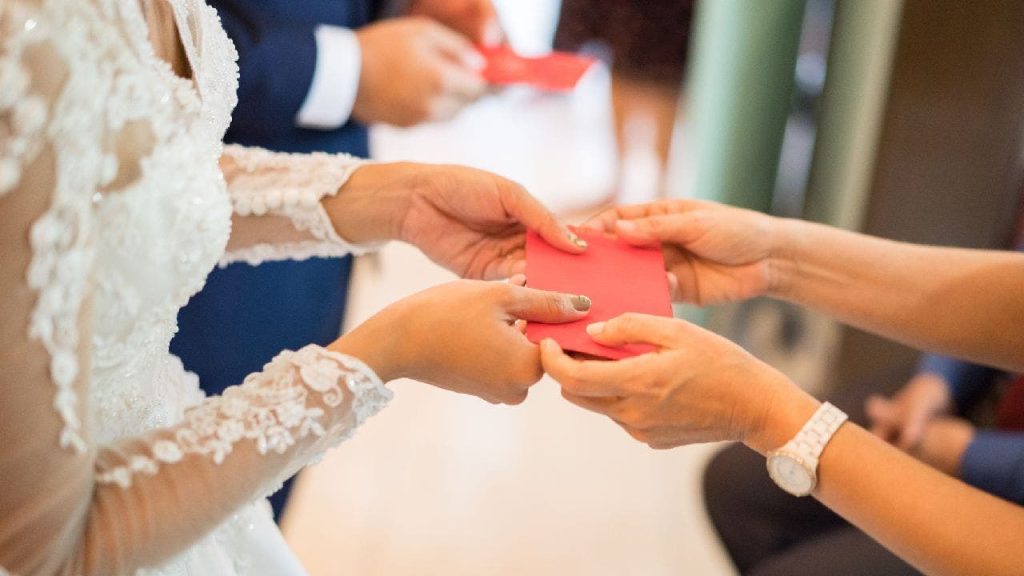When it comes to receiving unwanted gifts, it is important to remember that the purpose of gifting is to show appreciation and love to the recipient. Kimberly Best, owner of Best Conflict Solutions, LLC, reminds us that a gift should be given without any expectation of benefit to the giver. Gifts should be truly for the recipient, rather than a tool for the giver to gain something. In order to avoid disappointment or distaste, it is important to be appreciative of the gesture, regardless of the gift received. Laura Windsor of the Laura Windsor Etiquette Academy emphasizes the importance of treating gifts as nice surprises to be appreciated, even if they are not exactly what was desired. Including a gift receipt is a good way to show flexibility and allow the recipient to exchange the gift for something they prefer.
It is crucial to communicate properly if there is an issue with a gift received. Nicole Moore, a relationship expert and certified life coach, suggests thanking the gift-giver for their thoughtfulness and then politely expressing that the gift may not be the most suitable. Most gift-givers are likely to be understanding and willing to accommodate the recipient’s preferences. Best agrees, stating that recipients should have the freedom to decide what they want to do with a gift and that honesty is important in maintaining good relationships. Ultimately, the goal is for the recipient to have something they enjoy, even if it means trying again to find the right gift. By handling unwanted gifts with grace and honesty, both parties can navigate this potential etiquette issue with respect and understanding.
In a society where social media is filled with posts about unwanted gifts, it is important to consider the reasons behind gifting. A gift is a gesture of appreciation, gratitude, or affection, meant to bring joy and connection between individuals. The act of giving should be genuine and selfless, without any hidden expectations or agendas. When selecting a gift for someone, it is crucial to consider their preferences and interests, rather than choosing something simply out of obligation or convenience. By focusing on the intention behind the gift, both the giver and recipient can experience the true joy of giving and receiving.
When faced with a gift that is not desired, it is essential to show gratitude and appreciation for the gesture. While it may be disappointing to receive a gift that is not to one’s liking, it is important to remember that gifts are not mandatory and should be treated as a thoughtful surprise. Windsor advises against expressing disappointment or distaste, as this can hurt the feelings of the gift-giver. Including a gift receipt is a thoughtful way to allow the recipient to exchange the gift for something they prefer, without any awkwardness or discomfort. By approaching gift-giving with a positive attitude and appreciation, both parties can foster stronger relationships and connections based on mutual respect and understanding.
In instances where there is uncertainty about whether a chosen gift will be well-received, it is important to communicate openly and honestly with the recipient. Moore suggests expressing gratitude for the effort put into selecting the gift and then gently conveying any concerns about its suitability. By being transparent about one’s preferences and needs, the gift-giver can better understand the recipient’s tastes and make adjustments as necessary. Best emphasizes the importance of allowing the recipient to decide how to use or handle the gift, as this shows respect for their autonomy and individual preferences. By valuing honesty and integrity in gift-giving, both parties can navigate potential challenges with grace and sensitivity, strengthening their bond and connection through mutual understanding and consideration.
Overall, the key to navigating the complexities of gift-giving etiquette lies in understanding the true intention behind the act of giving. By approaching gifts with sincerity, generosity, and thoughtfulness, both givers and recipients can experience the joy and connection that come from sharing moments of appreciation and love. Communication, gratitude, and respect are essential in handling situations where gifts may not be desired or well-received. By prioritizing the feelings and preferences of the recipient, gift-givers can ensure that their gestures are appreciated and valued, fostering deeper connections and relationships based on mutual understanding and consideration.















